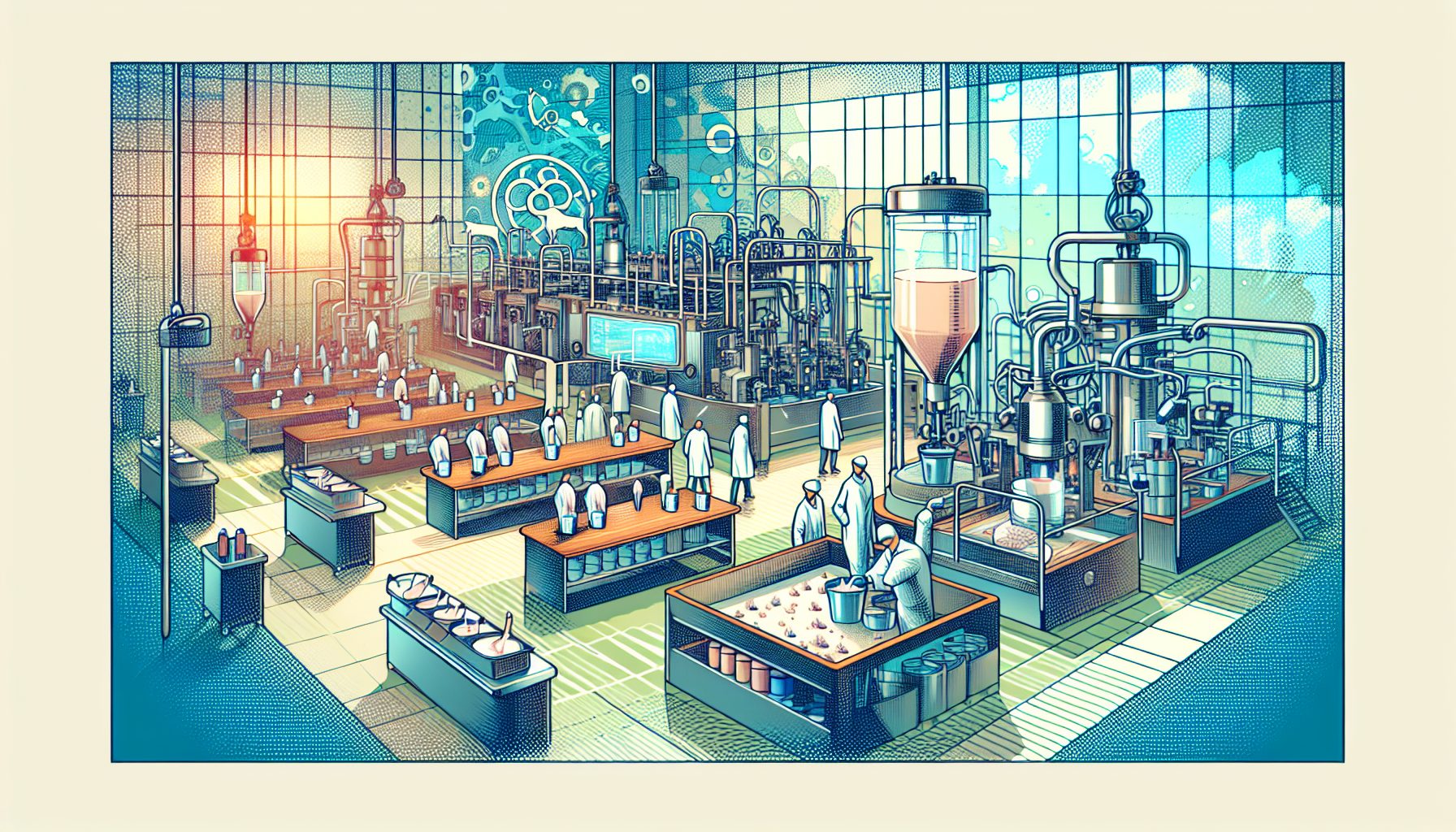With many news stories and polls saying the worst is behind us, businesspeople are starting to come out of their bunkers and survey the damage. They?re asking questions like these: How bad is our company?s situation? What about our industry as a whole? How has the recession hurt our employees, customers and prospects? How fast can we rebuild and start growing again?
Clearly, many enterprises have a lot of work to do?often with a lot less money and a lot fewer people than they had a few years ago. So where should a company start? To me, the answer is clear: Start with the people?both employees and customers. They are the foundation on which an organization can rebuild its business.
Enterprises in which the employee ranks have been decimated are now struggling to keep the business going with a skeletal staff. This year?s mission was simply to survive, but that won?t work for the rebuilding process that companies will face going forward.
Remaining staff members are understandably stressed out and overburdened. Before asking these workers to take on new assignments, companies need to relieve the pressure on employees and boost their morale. That?s clearly not an easy task, but Suzanne Bates, executive coach and author of Motivate Like a CEO, has some suggestions that can help.
?Executives need to communicate effectively in order to motivate and inspire their employees to do the work that will drive the business forward,? Bates said in a recent conversation. ?Communication is a learned skill, but you have to focus on it to get good at it.
?You need to rally people around a big idea that?s important to your business and then communicate a clear, powerful message about the mission and purpose of the idea to your staff. You also need to learn what motivates individual employees because people have different needs and wants. It?s up to executives to drive collaboration and innovation by inspiring their employees.?
Bates is not alone in her drive to get executives involved in employee retention and engagement. In ?Keeping Employees Engaged in Tough Times?, consultants Peter Stark and Jane Flaherty offer another suggestion: ?Practicing the skills and strategies of the best companies will help keep people engaged.? The authors identify key attributes that will differentiate top companies, including a compelling vision with clear goals, the right communication at the right time, the right people for the right job, teamwork, and continuous improvement and innovation.
But staff members aren?t the only ones who need to be motivated and inspired. Customers who have been affected by recession-related issues may need coaxing to stay with your company rather than giving their business to a competitor that offers lower prices.
In his story ?Inspire Your Customers?, well-known author and consultant Jim Champy shares his recommendations for keeping customers happy and loyal. ?The smart companies I?ve studied engage their customers by displaying a higher sense of purpose and being authentic in all they do,? he writes. ?They consistently uphold their own?and their customers??values in their products, services and actions.?
Champy?s strategies for inspiring customers include launching crusades with broad appeal, delivering layered benefits and leveraging trusted channels. ?You must promise value and excellence?and deliver on that promise,? he says.
Following the recommendations of Bates, Stark, Flaherty and Champy will lead enterprises down a different path from the one they?ve been on for the last few years. To reach their ultimate goal?business success?companies will have to replace strategies that focus on cutting costs and reducing staff with ones that pay special attention to people.
As we head into the fourth quarter and the start of the new year, it?s time to make plans for rebuilding companies that have been battered by the recession. Those organizations that give employees and customers top priority in their plans will rebuild their businesses on a sound foundation. Those that don?t will jeopardize their future prosperity?and that of their customers and staff.
The choice seems clear.








